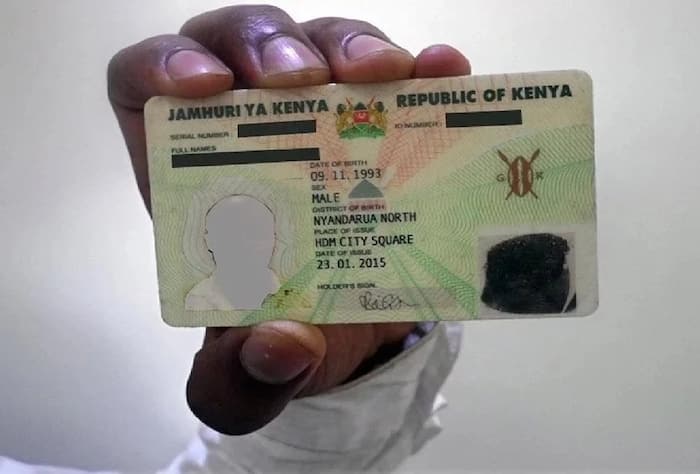The acting Interior CS, Musalia Mudavadi, has announced transformative amendments to the Registration of Persons Rules, introducing electronic identity cards as part of Kenya's modernised registration process.
Outlined in a legal notice, the changes aim to digitise personal identification, bolstering both security and efficiency.
The identity card issued under section 9 of the Registration of Persons Act will now be electronic, marking a shift from the traditional physical format.
“The identity card issued under section 9 of the Act shall consist of an electronic card in the Form set out in the First schedule to these Rules,” read the legal notice in part.
In a progressive move, the electronic card may also be presented digitally or virtually. This innovation, Mudavadi explained, seeks to reduce identity theft and streamline service delivery.
Read More
Expanded biometric data collection
The amendments mandate the collection of biometric data, including facial, thumb, and fingerprint impressions, using specialised electronic devices.
This biometric data will be recorded digitally to ensure accuracy and security, a step Mudavadi said aligns with global best practices.
Successful registrants will now receive either a physical or digitally generated certificate, further emphasising the modernisation drive.
Unique identification numbers
Under the updated rules, the Principal Registrar is empowered to use unique personal identification numbers, as issued under the Births and Deaths Registration Act, or assign specific index letters and serial numbers for identity documents.
Adjusted fee structure
The reforms also introduce a revised fee structure for various registration services. Late registration of birth certificates now attracts a charge of Sh500, while foreign registration of births or deaths in Kenyan missions abroad incurs a fee of US$150.
Additional charges will apply for certification and verification of records for both domestic and international use.
A secure future
Mudavadi reiterated that these changes are part of Kenya’s broader strategy to enhance government services and safeguard personal identification data.
“The electronic card issued under this rule may also be presented in a digital or virtual form,” the legal notice affirmed.
These developments signify Kenya's commitment to embracing technology to secure citizens’ identities and streamline government processes, setting the stage for a more efficient future.





-1732530327.jpg)

-1732625867.jpg)
-1732611855.jpg)
